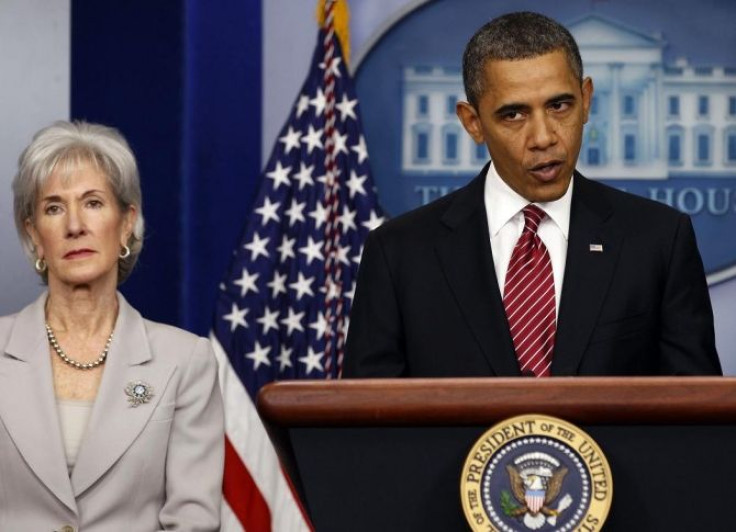Gov't Launches New Aggressive Plan to Accelerate the Fight against Alzheimer's

The Obama administration has launched a new plan to combat Alzheimer’s disease in order to meet the 2025 deadline of finding effective ways to treat or slow the progression of the mind-robbing disease, U.S. Secretary of Health and Human Services Kathleen Sebelius announced on Tuesday.
Sebelius detailed the national plan at the two-day Alzheimer’s Disease Research Summit 2012: Path to Treatment and Prevention, to fight against the disease that currently affects more than 5 million Americans and is projected to affect 16 million by 2050.
"The plan gives us a blueprint to build on our research efforts," Sebelius said at the announcement. "These actions are the cornerstone of an ambitious and aggressive agenda."
Starting on Tuesday families and caregivers of Alzheimer’s patients can now visit a one-stop website, www.alzheimers.gov, for easy-to-understand information about dementia and where to get assistance.
The government has also agreed to dung two major clinical trials, approved by the National Institutes of Health, including an insulin nasal spray to allow insulin to reach the brain without affect blood-sugar levels. The $8 million study may hold promise for Alzheimer’s patients, according to researchers who’ve linked the cognitive disease to diabetes.
The NIH is also giving $16 million to an international study on whether a treatment that targets amyloid, Alzheimer's hallmark brain plaque, could prevent the disease. Participants of the study will consist of people who have a family history of the disease.
In January 2011, President Obama signed the National Alzheimer’s Project Act into law, which called for a coordinated national plan to combat Alzheimer’s, and in February 2012, the administration announced that it would strive for a $156 million increase in funding for Alzheimer's research over the next two years.
On Tuesday, President Obama’s new proposed 2013 budget would allow for a $100 million increase in government funding for efforts to combat Alzheimer’s disease.
As part of the new plan, the administration also gave $2 million in funding on training health care professionals on how to recognize the signs and symptoms of Alzheimer’s disease and how to manage the disease.
The administration also plans to launch a media campaign in the summer aimed at reaching relatives and patients in need of information on Alzheimer’s disease.
“These actions are the cornerstones of an historic effort to fight Alzheimer’s disease,” Sebelius said in a statement. “This is a national plan—not a federal one, because reducing the burden of Alzheimer’s will require the active engagement of both the public and private sectors.”



























